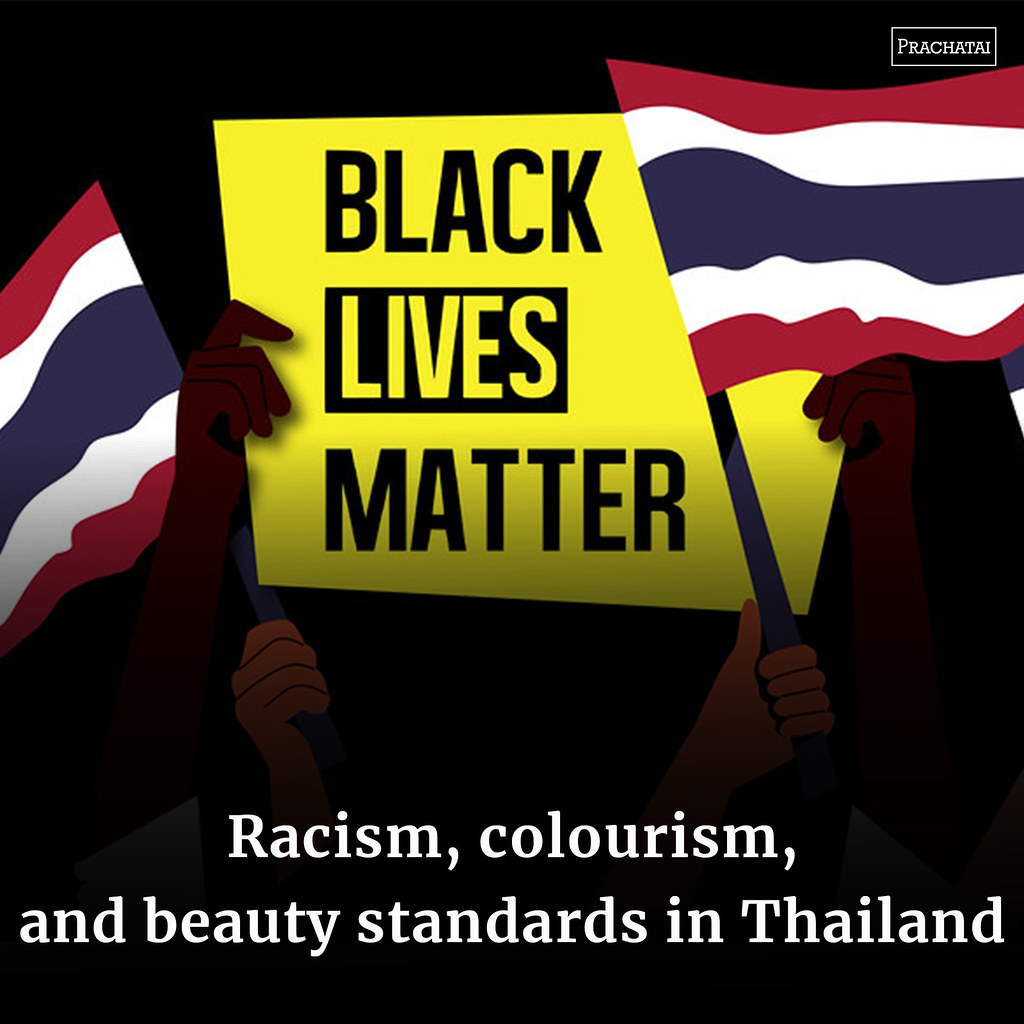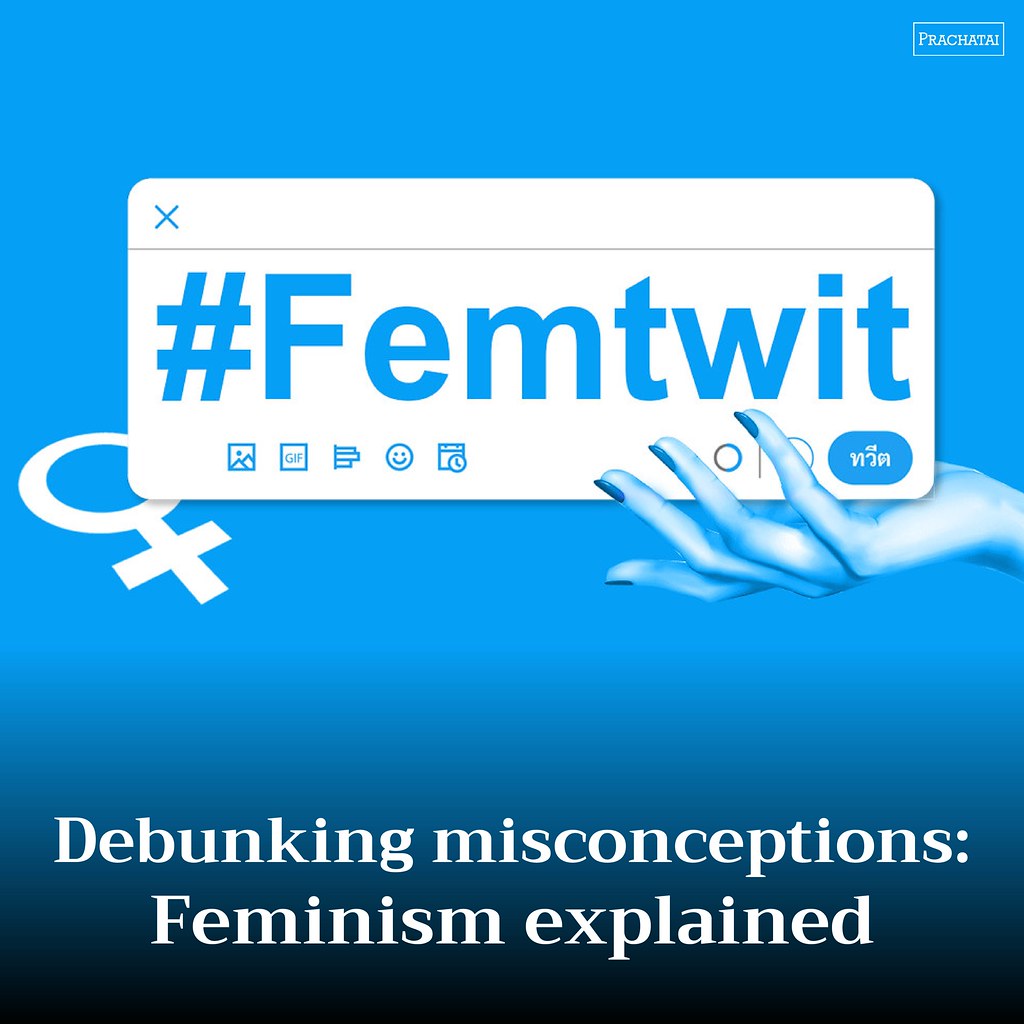
2020 began with the first wave of student-led protests following the dissolution of the Future Forward Party. In March, the country went into a State of Emergency due to the Covid-19 pandemic, which has yet to be lifted. The 18 July protest then brought o the second wave of student-led protests, which has swept through the country, calling for reform.
Let’s close the year by looking back at 2020 through 15 articles chosen by the Prachatai English editorial team.
Thai political slang explained: ชั่ย or ‘yup’

Read the article here.
During the first wave of protest in February 2020, students began holding signs saying “ชั่ย” or “yup,” a deviant spelling of the word ‘ใช่’ (chai) or ‘yes.’ Thammachart Kri-aksorn explores the possible origins of the terms and how it reflects the nature of the student protests.
The ‘Thai Political Slang Explained” section is where we explain Thai political vocabularies to the international audience. The rest of the series can be found here.
Songs, tales, tears: State violence in the periphery from past to present

Read the article here.
From the red barrel killings in the south to forced evacuations during the state’s war against the communists in the northeast, this is the story of state violence in remote and peripheral areas of Thailand and the persisting culture of impunity, told through songs and witness testimonies.
It’s time for monks to support the people: a survey of the urban poor through almsgiving (online)

Read the article here.
In March 2020, Thailand went into a State of Emergency due to the Covid-19 pandemic, which has yet to be lifted even after the country came out of lockdown.
During the lockdown, many people lost their incomes and were unable to access the government’s aid scheme. They then turned to temples, which have opened their doors to give out food donations.
Read more about people affected by the Covid-19 pandemic:
Racism, colourism, and beauty standards in Thailand

Read the article here.
In June, the Black Lives Matter movement sparked a discussion about police brutality and systemic racism not only in the United States but also in other countries, while protests erupted across the world to demand justice for George Floyd.
In Thailand, where representation of dark-skinned people in the media distorted people’s perception and set standards of beauty, African-American teachers say they are facing much more subtle forms of discrimination.
The revolution will be magical: Harry Potter-themed protest calls for monarchy reform

Read the article here.
On 3 August, during a Harry Potter-themed protest at the Democracy Monument, human rights lawyer Anon Nampa gave a speech calling for monarchy reform and open criticism of the crown.
Anon’s speech marked the first time during the current wave of youth-led protests that issues about the monarchy were publicly addressed, opening the door for subsequent protests to openly call for monarchy reform.
Read more about the protesters’ call for monarchy reform:
Debunking misconceptions: Feminism explained

Read the article here.
In July - August, Thai social media began focussing on issues of gender equality and gender-based discrimination and violence, while some groups of netizens turned feminism, a movement for the equality of every gender, into a so-called matriarchy movement.
In this interview, five self-identified feminists who have experienced and witnessed gender-based violence and discrimination speak on the feminist movement in Thailand, misconceptions about feminism, and what it actually means to be a feminist.
Deep fears within the media surface as people openly discuss the monarchy

Read the article here.
As protesters began publicly speaking about problems related to the monarchy and calling for reform, the Thai media were caught in a persisting systemic censorship which prevented the protesters’ messages from being broadcast, many fearing both legal and financial backlash. At the same time, the internet and social media made media censorship less effective.
Civil society network petition Council of State to decriminalize abortion

Read the article here.
The movement for the decriminalization of abortion in Thailand has made progress this year. After the Constitutional Court ruled in February that Section 301 of the Criminal Code, which currently makes abortion a criminal offense, was unconstitutional, the civil society sector has been campaigning for the repeal of Section 301, and in September, they submitted their petition to the Council of State.
The latest development in the call for a new abortion law came in December, when parliament voted to accept the first reading of two bills proposing to amend Thailand’s abortion law.
Read more about the call for the decriminalization of abortion:
Royal Thai Army linked to 926 Information Operation accounts, says Twitter

Read the article here.
In October, Twitter took down over 900 accounts from Thailand deemed to be part of a state-linked information operation targeting opposition parties and the pro-democracy movement, while the army spokesperson denied that such a network existed.
Earlier, in February 2020, Viroj Lakkana-adisorn, MP of the since dissolved FFP, also alleged that IO and cyber attacks were systematically supported and funded from state budgets by the Thai military.
Family can be cruel: the price students have to pay for protesting

Read the article here.
2020 saw Thai high school students rising up to challenge authoritarianism in schools and outdated regulations, as well as calling out human rights abuses from school personnel. So far, they have held several rallies to demand education reform. As a result, many young people experienced backlash from their families for joining the protests, ranging from physical and verbal abuse to being disowned.
Read more about the high school student movement:
Thai graduates challenge graduation ceremony ritual

Read the article here.
As waves of student-led protests sweep through the country, calling for reform, young people are challenging old traditions. Many graduates began raising questions about the tradition of the graduation ceremony, a process which is often long and complicated, and has been made even more so by the pandemic. Meanwhile, for some groups of students, rejecting the ceremony became an act of civil disobedience.
Call for constitutional amendments answered with tear gas, water cannon

Read the article here.
In 2020, the legal watchdog NGO iLaw and its partner organizations began a campaign to submit the draft of a bill to amend the Constitution to parliament. Now known as the “people’s draft,” iLaw’s draft was backed by 98,041 voters.
On 17 November, parliament met to discuss 7 proposed constitutional amendments drafts. Meanwhile, protesters gathering on Samsen Road, near the parliament compound, were met with water cannon blasts and tear gas in a clash which lasted around 6 hours.
The next day, parliament voted to reject iLaw’s draft, while accepting only 2 out of 7 drafts: the proposal by the government coalition and one of those from the opposition to amend Section 256 allowing the establishment of a Constitution Drafting Assembly.
Read more about the call for constitutional amendments:
Red Rim Soldiers: the birth of the new network monarchy

Read the article here.
Supalak Ganjanakhundee explains the relationship between the monarchy and the military in the current reign in 2 parts: 1) royal government agencies which are directly under royal command; and 2) relations with the armed forces which the King has created through recently developed networks.
Kaeng Krachan indigenous communities raise concerns over rights issues ahead of world heritage nomination

Read the article here.
The indigenous communities living near the Kaeng Krachan Forest Complex came together to raise concerns about unresolved community rights issues, from land rights issues to citizenship and loss of traditional ways of life, ahead of the Thai government’s 4th attempt to nominate the forest for world heritage status at the 44th session of the World Heritage Committee, which is to take place in June - July 2021 in Fuzhou, China, calling for the government to resolve these issues before this.
The visual preservation of an early anti-dam struggle

Read the article here.
In early 2020, Bangkok-based British photographer Luke Duggleby visited Rasi Salai, in Si Saket province, to see how the communities continue to be affected by the Rasi Salai dam. At the Wetland People’s Association, he was shown a collection of old films and colour negatives taken during the early part of the local communities’ struggle against the dam project in the 1990’s, taken over the years by four local amateur Thai photographers and community members, Sanun Chusakul, Pairor Sujinprum, Juthathip Damrongtrairat and Pranee Makhanun.
The photographs are a historical record of the people’s movement, documenting protests and activities of resistance, as well as ways of life that no longer exist.
Prachatai English is an independent, non-profit news outlet committed to covering underreported issues in Thailand, especially about democratization and human rights, despite pressure from the authorities. Your support will ensure that we stay a professional media source and be able to meet the challenges and deliver in-depth reporting.
• Simple steps to support Prachatai English
1. Bank transfer to account “โครงการหนังสือพิมพ์อินเทอร์เน็ต ประชาไท” or “Prachatai Online Newspaper” 091-0-21689-4, Krungthai Bank
2. Or, Transfer money via Paypal, to e-mail address: [email protected], please leave a comment on the transaction as “For Prachatai English”
